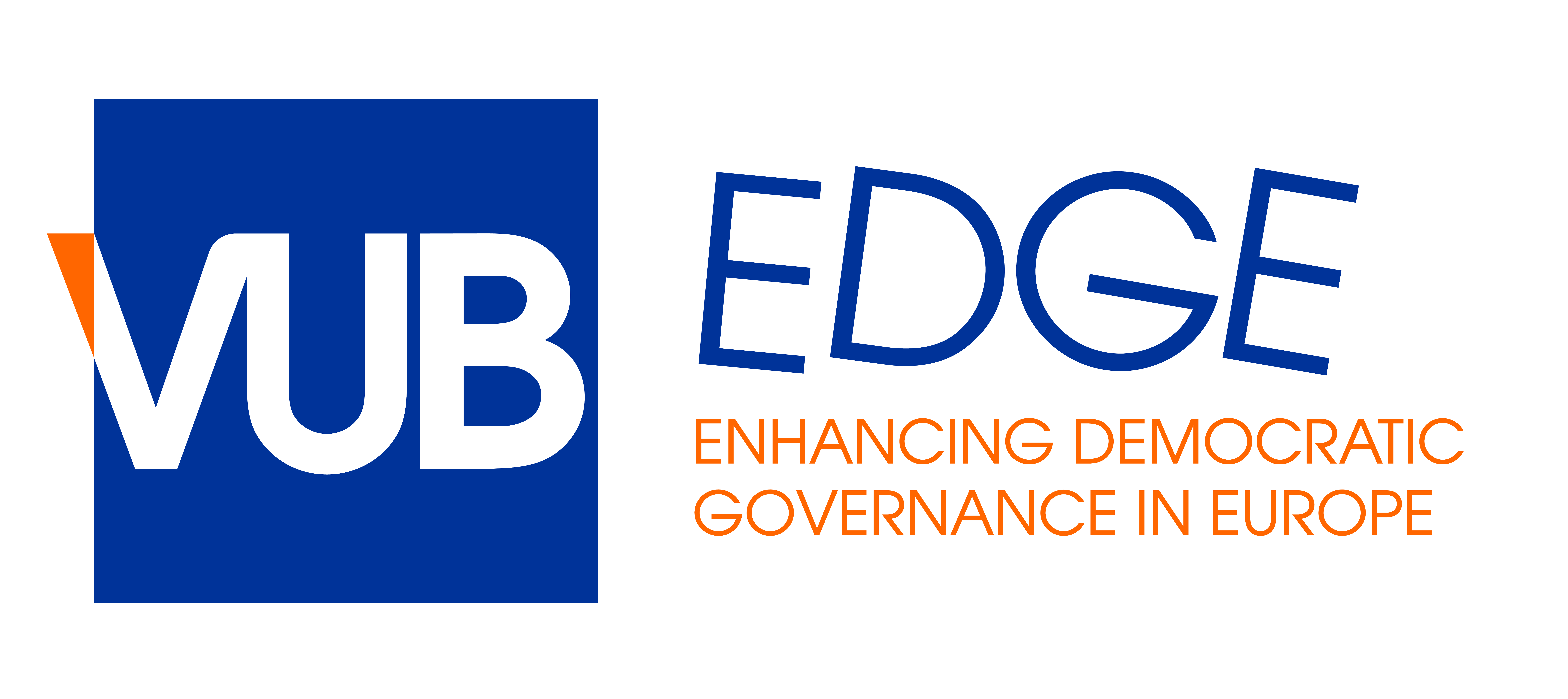The 8th Biennial Afroeuropeans Network Conference “Intersectional Challenges in Afroeuropean Communities” will take place from 22–24 September 2022.
This conference is hosted by Vrije Universiteit Brussel (VUB), and co-organised by the Africa Platform of Ghent University Association (GAP), the Brussels Centre for Urban Studies (BCUS), the European Network Against Racism (ENAR), the Brussels Interdisciplinary Research Centre for Migration and Minorites (BIRMM), the Research Centre Gender, Diversity and Intersectionality (RHEA) and the Centre for Literary and Intermedial Crossings at VUB, and a wide variety of other institutions in Belgium. This conference is the result of a long collaboration between academics, writers, artists and activists that gave rise to the International Afroeuropeans Network.
The conference aims to consider how Afroeuropean communities are shaped by the intersections of ‘race’ and ethnicity with other markers of identification such as gender, class, sexuality, ability, age, citizenship status, language… Informed by intersectional thinking (Combahee River Collective, 1979; hooks, 1981; Crenshaw 1989) and its rejection of unidimensional perspectives in activism, policy and research, the conference explores how diverse processes of privileging and discrimination interact, making for complex and dynamic experiences of what it means to be Afroeuropean. It acknowledges that the racial and ethnic alterity of Afroeuropeans intersects with other identities (e.g. male, female, queer, working class, religious, disabled, aged…) and specifically seeks to examine to what extent these intersections create new alignments and opportunities.
Of particular interest are the multiple ways in which Afroeuropeans challenge dominant modes of representation and knowledge production, for instance by claiming space and citizenship, altering taken-for-granted modes of knowing and organizing, and presenting their experiences and perspectives as part and parcel of European society and identity. The conference engages with the dynamism emerging from the growing decolonisation movements and their calls for rethinking dominant modes of knowledge production and representation. We invite reflection on the various layers of intersectional existence, activism, and scholarship with a special focus on the lives of Black Europeans with ancestry in Africa and African diasporic geographical locations such as the Americas and the Caribbean. Building on the notion of ‘subjugated knowledge’, the conference explores how marginalized positions may also give rise to innovative epistemological positions, resistance to and revision of the status quo, and inspire activism and reforms of institutions and policies in Europe and beyond.
